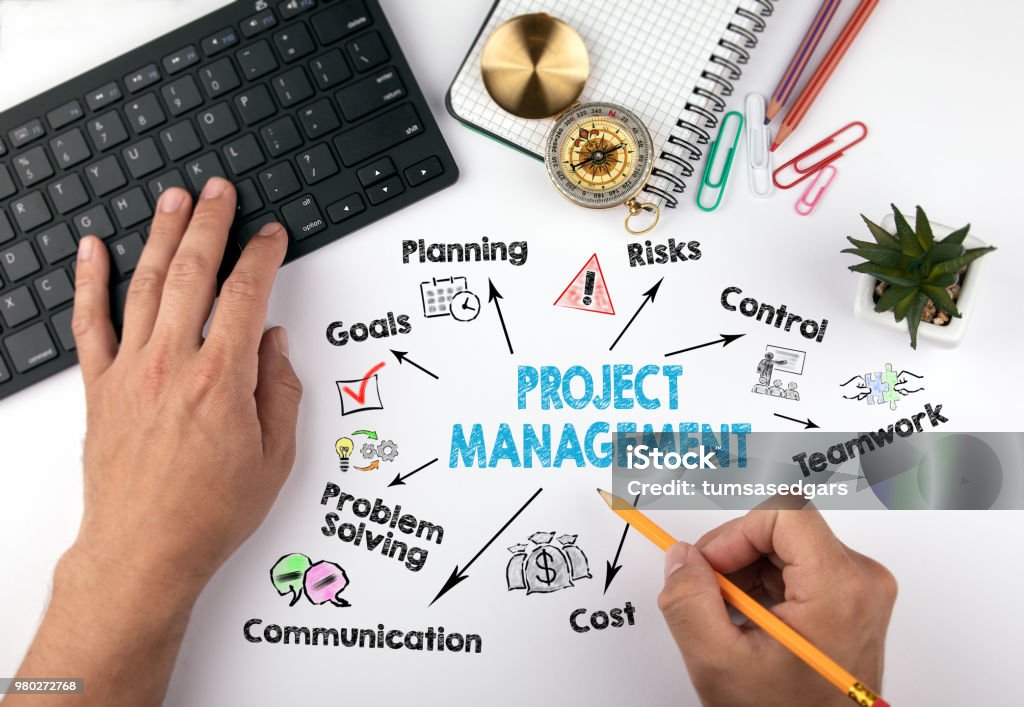Introduction
Preparing for the Project Management Professional (PMP) exam is a rigorous journey that often involves taking practice exams to assess one’s readiness. A common concern among aspirants is whether the PMP practice exam is more challenging than the actual exam. In this article, we’ll explore this question, dissecting the purpose of practice exams, their content coverage, and the complexity of questions to provide clarity and guidance for effective PMP exam preparation.
Purpose of Practice Exams
PMP practice exam serve a crucial role in gauging a candidate’s understanding of project management concepts. They act as a tool for self-assessment, allowing individuals to identify strengths and weaknesses in their knowledge base. Importantly, practice exams contribute to building confidence, a key factor in facing the actual PMP exam with assurance.
Content Coverage
An essential aspect of PMP exam preparation is ensuring alignment with the Project Management Body of Knowledge (PMBOK) Guide. Practice exams should cover the breadth and depth of topics outlined in the guide, mirroring the content of the actual exam. This alignment is pivotal for a comprehensive understanding of project management principles.
Question Complexity
One of the primary concerns of aspirants is the complexity of questions in practice exams compared to the real test. It’s crucial to recognize that practice exams often include a spectrum of question types, ranging from straightforward to complex. This diversity is intentional, preparing candidates for the varied challenges they may encounter in the actual PMP exam.
Time Management
Effective time management is paramount during the PMP exam. While practice exams help refine time management skills, the actual test may present unforeseen challenges. Strategies for improving time management should be integrated into practice sessions to ensure a seamless experience on exam day.
Feedback and Learning
Practice exams provide valuable feedback, highlighting areas that require further study. Candidates should view incorrect answers not as failures but as opportunities for learning and improvement. Addressing weaknesses identified in practice exams enhances overall readiness for the PMP exam.
Simulation of Exam Environment
Creating a realistic exam environment during practice is essential. This includes replicating conditions such as time constraints and distractions. By doing so, candidates minimize the likelihood of surprises during the actual PMP exam, fostering a sense of familiarity and confidence.
Perplexity in Exam Preparation
Dealing with perplexing questions is a common challenge in PMP exam preparation. While practice exams introduce complexity, they also equip candidates with the skills to navigate and solve intricate problems. Embracing perplexity is an integral part of building resilience and adaptability for the actual exam.
Burstiness in Exam Scenarios
Burstiness, characterized by sudden and unexpected challenges, is a factor in both practice exams and the actual PMP exam. Developing adaptability through practice scenarios prepares candidates to handle unforeseen situations, contributing to a more composed and confident performance.
Maintaining Specificity in Preparation
Avoiding overly broad study approaches is essential for focused exam preparation. Practice exams help individuals concentrate on specific exam objectives, ensuring a deep understanding of key concepts rather than a superficial knowledge of various topics.
Contextual Understanding
Understanding the context of questions is vital for success in the PMP exam. This involves applying theoretical knowledge to practical scenarios. The article will provide practical examples to illustrate how contextual understanding can be honed through effective study methods.
Engaging the Reader with Relatable Scenarios
To engage readers, relatable scenarios of individuals navigating the challenges of PMP exam preparation will be shared. This human touch aims to establish a connection with the audience, making the content more accessible and resonant.
Active Learning Strategies
Incorporating active learning into PMP exam preparation is a proven strategy. The article will provide tips for interactive and engaged study sessions, ensuring a dynamic and effective learning experience.
Conclusion
In conclusion, the question of whether the PMP practice exam is harder than the actual exam is nuanced. Practice exams play a vital role in preparation, offering a holistic understanding of project management principles. While they may present challenges, these are essential for building resilience and adaptability. A balanced approach, incorporating feedback, time management strategies, and contextual understanding, is key to success in the PMP exam.
FAQs
- Are practice exams a reliable indicator of the actual PMP exam difficulty?
- Practice exams provide a useful indicator but should be complemented by a comprehensive study of the PMBOK Guide.
- How can I improve my performance in PMP practice exams?
- Focus on understanding the underlying concepts, address weaknesses identified in practice, and simulate exam conditions.
- Is it normal to find the actual PMP exam easier after rigorous practice exams?
- Yes, the challenges posed in practice exams prepare individuals for the diverse scenarios they may encounter in the actual exam.
- Should I focus more on practice exams or understanding concepts deeply?
- A balanced approach is recommended; understanding concepts deeply is crucial, but practice exams refine application skills.
- Can burstiness in the actual exam be simulated in practice scenarios?
- Yes, creating scenarios with unexpected challenges in practice exams helps build adaptability for the actual PMP exam.

